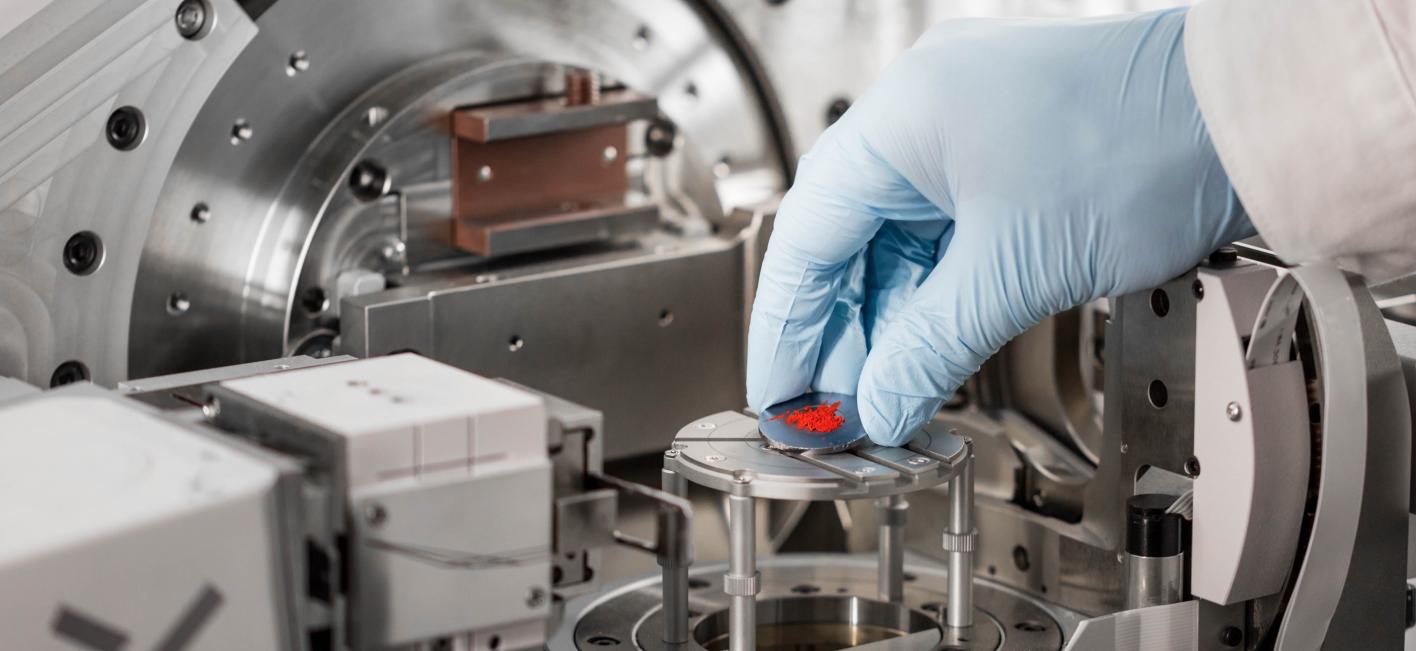Member of the Leibniz Association
As a member of the Leibniz Association, the DWI is funded by federal and state governments as part of the joint funding program in accordance with Article 91b of the German constitution (Grundgesetz, GG). The Leibniz Association combines 97 independent research institutes. The focuses of these institutes range from natural sciences, engineering sciences and environmental sciences, through to economic sciences, spatial sciences, social sciences and the humanities.
The DWI – Leibniz Institute: A Registered Association with Different Organs and Committees
The DWI – Leibniz Institute for Interactive Materials is a registered association whose governing body is the Association of Members. The Managing Board represents the association and is responsible for long-term research planning.
The Board of Trustees and Scientific Advisory Board
The Board of Trustees oversees all of the association's scientific, programmatic and economic affairs and is responsible for matters such as annual research plans and program budgets. The Scientific Advisory Board advises the Board of Trustees and Scientific Board on matters such as medium-term research and development planning, as well as national and international cooperations and important decisions for the further development of the research institute.
Members of the Board of Trustees
- Prof. Dr. Tanja Weil, Max-Planck-Institute for Polymer Research (Chairperson)
- Prof. Dr. S. Förster , Forschungszentrum Jülich (Vice Chairperson)
- N. Dziergwa, Federal Ministry of Research, Technology and Space
- Dr. D. Keßler, Henkel AG & Co. KGaA
- Dr. Johann Diedrich Brand, BASF
- Prof. Dr. U. Rüdiger, RWTH Aachen University
- Dr. M. H. Wappelhorst, Ministry of Culture and Science
Members of the Scientific Advisory Board
- Dr. Petra Severit, Altana (Chairperson)
- Prof. Dr. Patricia Dankers, Eindhoven University (Vice Chairperson)
- Prof. Dr. Ulrich Sigmar Schubert, Friedrich-Schiller Universität Jena
- Prof. Dr. Meike Stiesch, Medizinische Hochschule Hannover
- Dr. Jean Francois Lutz, Institute of Supramolecular Science and Engineering (Strasbourg)
- Prof. Dr. Wilhelm Huck, Radboud-Universität Nijmegen
- Prof. Dr. Marleen Kamperman, University of Groningen
- Prof. Dr. Katja Schenke-Layland, Eberhard Karls Universität Tübingen
- Dr. Sandra Reemers, EVONIK Operations
Scientific Board
The Scientific Board develops the research plan in detail and coordinates the individual research programs. The core of the Scientific Board, made up of six professors who were also appointed by RWTH Aachen University, is bolstered by independent junior researchers and associated professors. This broad and interdisciplinary staffing is possible due to the institute’s successful acquisition of third-party funds in the area of basic research and through the Leibniz Institute’s collaboration with RWTH Aachen University.
Project Development Conference
The project development conference (PEK, Projektentwicklungskonferenz) is made up of the extended Scientific Board (professors and associated, working groups) and the scientific team. In the project development conference, individual projects are developed and the research is coordinated within the work groups.

